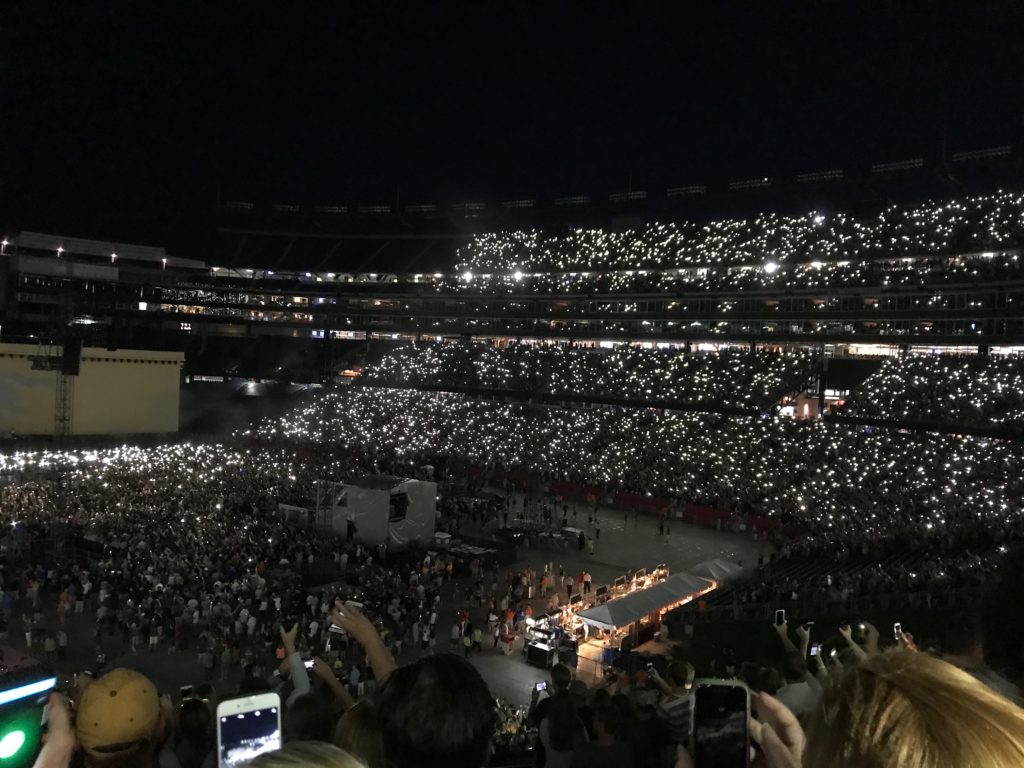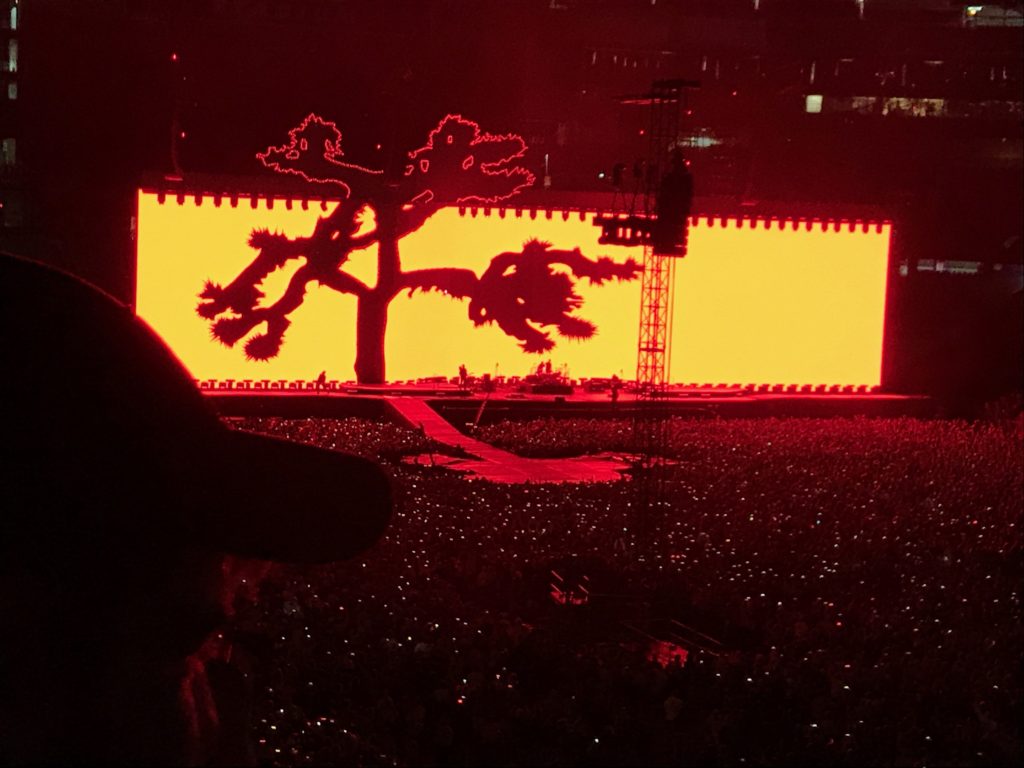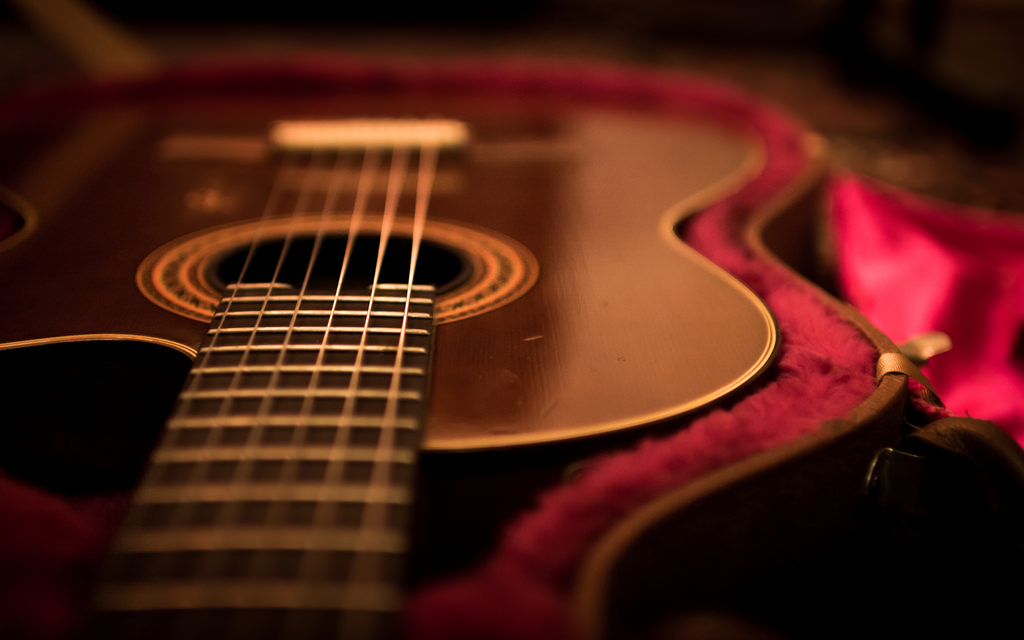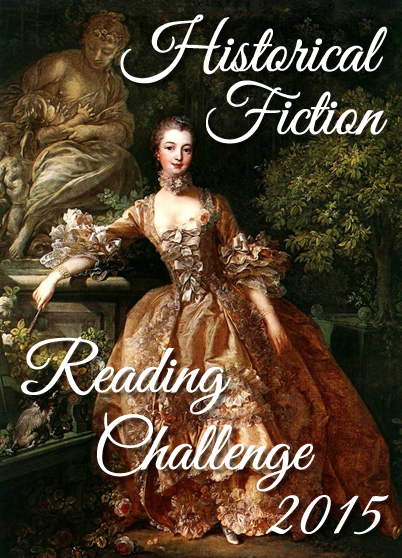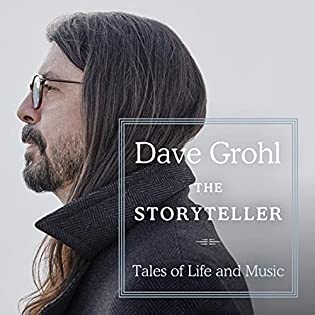 The Storyteller: Tales of Life and Music by Dave Grohl
The Storyteller: Tales of Life and Music by Dave Grohl Published by HarperAudio on October 5, 2021
Genres: Memoir
Format: Audio, Audiobook
Source: Audible
Buy on Amazon, Buy on Bookshop
This post contains affiliate links you can use to purchase the book. If you buy the book using that link, I will receive a small commission from the sale.
Goodreads
So, I've written a book.
Having entertained the idea for years, and even offered a few questionable opportunities ("It's a piece of cake! Just do 4 hours of interviews, find someone else to write it, put your face on the cover, and voila!") I have decided to write these stories just as I have always done, in my own hand. The joy that I have felt from chronicling these tales is not unlike listening back to a song that I've recorded and can't wait to share with the world, or reading a primitive journal entry from a stained notebook, or even hearing my voice bounce between the Kiss posters on my wall as a child.
This certainly doesn't mean that I'm quitting my day job, but it does give me a place to shed a little light on what it's like to be a kid from Springfield, Virginia, walking through life while living out the crazy dreams I had as young musician. From hitting the road with Scream at 18 years old, to my time in Nirvana and the Foo Fighters, jamming with Iggy Pop or playing at the Academy Awards or dancing with AC/DC and the Preservation Hall Jazz Band, drumming for Tom Petty or meeting Sir Paul McCartney at Royal Albert Hall, bedtime stories with Joan Jett or a chance meeting with Little Richard, to flying halfway around the world for one epic night with my daughters…the list goes on. I look forward to focusing the lens through which I see these memories a little sharper for you with much excitement.
I loved this book. It’s one of the best memoirs I’ve read; I’d rank it right up with Bruce Springsteen’s memoir Born to Run. I was exactly the right age when Nirvana broke. I was a sophomore in college. I turned 20 the month Nevermind was released. All these years later, I still think “Smells Like Teen Spirit” captures the Gen-X zeitgeist. In the immortal words of Kurt Cobain, “Oh well, whatever, never mind.” I mean, that’s pretty much the Gen-X ethos.
My favorite stories from the book (in no particular order):
- Dave Grohl rescheduled a show in Perth, Australia, necessitating a ridiculous trip from Australia to the US and back just so he could take his daughters to the Daddy/Daughter Dance and honor his tour obligations. On the flight back to Australia, he suffered from both food poisoning and turbulence.
- Grohl played drums with Tom Petty and the Heartbreakers on Saturday Night Live. Tom Petty apparently gives looks that tell entire stories. Apparently, Grohl nearly became a permanent Heartbreaker.
- Grohl’s Republican father disowned him when he dropped out of high school to pursue music (with his mother’s blessing). His father’s parting words were classic.
- Grohl bought himself the Joan Jett Barbie on a shopping trip with his daughters. Later, Joan Jett stayed with the Grohls at their house and read bedtime stories to Violet Grohl, Dave’s daughter.
- Grohl apparently lived in a haunted house and had an encounter with a medium who told him his dreams about UFOs were real.
- After Kurt Cobain’s death, Grohl retreated to a remote part of Ireland. His encounter with a hitchhiker with take your breath away, but I don’t want to give it away.
Grohl handled some aspects of his story with class: he has plenty of reason to blast Courtney Love, but he never even mentioned her in the book. Likewise, he maintained the privacy of his ex-wife and ex-girlfriends. He lays all of his success at the feet of his mother, and truthfully, she sounds like a lovely person. I definitely want to read her book now that I’ve read his.
Grohl’s memoir is aptly titled, for he is a born storyteller. I was highly entertained for the entire ride, and if you pick up this book, too, I highly recommend you listen to Grohl read the audiobook (you will not be disappointed).
Grohl put together an epic playlist with all the songs and/or artists he mentioned (thanks to my sister for sending it to me; she’s the biggest Dave Grohl fan I know).
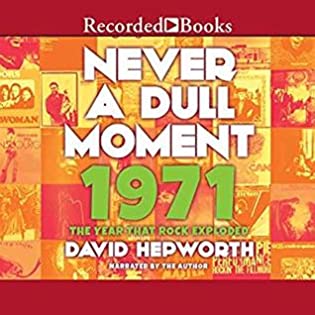 Never a Dull Moment: 1971—The Year That Rock Exploded by
Never a Dull Moment: 1971—The Year That Rock Exploded by 
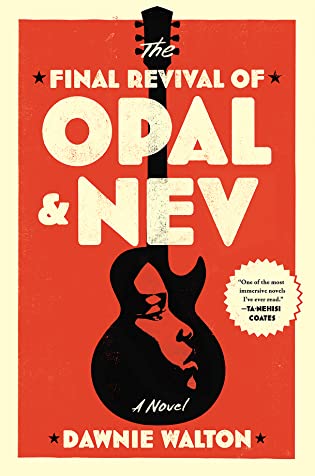 The Final Revival of Opal & Nev by
The Final Revival of Opal & Nev by 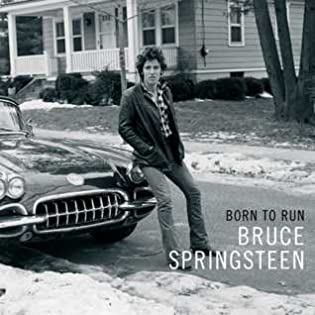 Born to Run by
Born to Run by 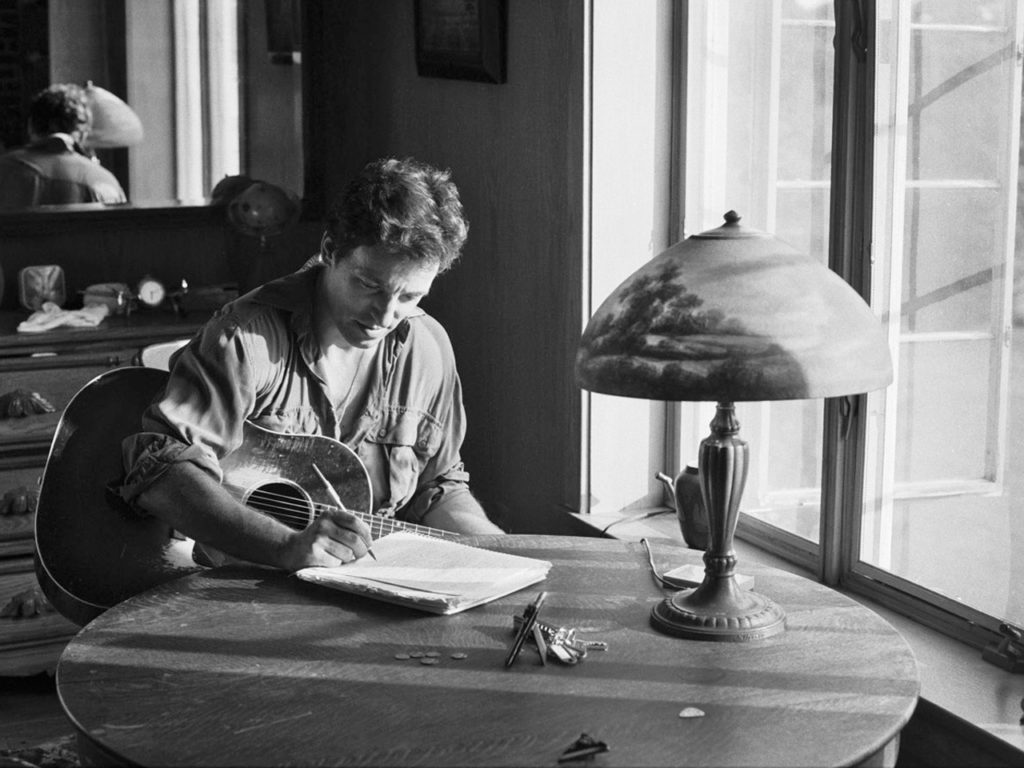
 Petty: The Biography by
Petty: The Biography by 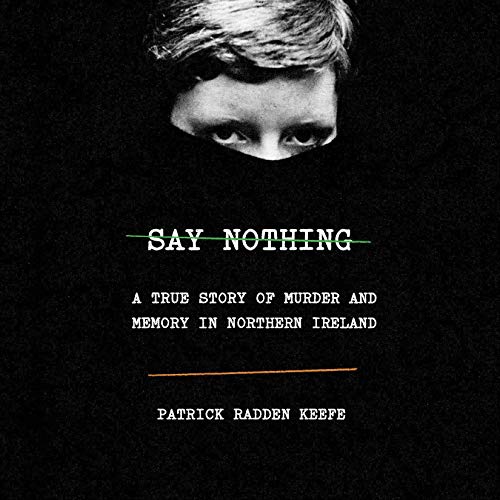 Say Nothing: A True Story of Murder and Memory in Northern Ireland by
Say Nothing: A True Story of Murder and Memory in Northern Ireland by 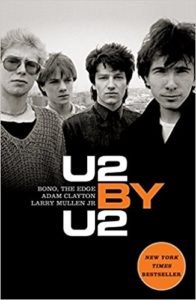 U2 by U2 by
U2 by U2 by 